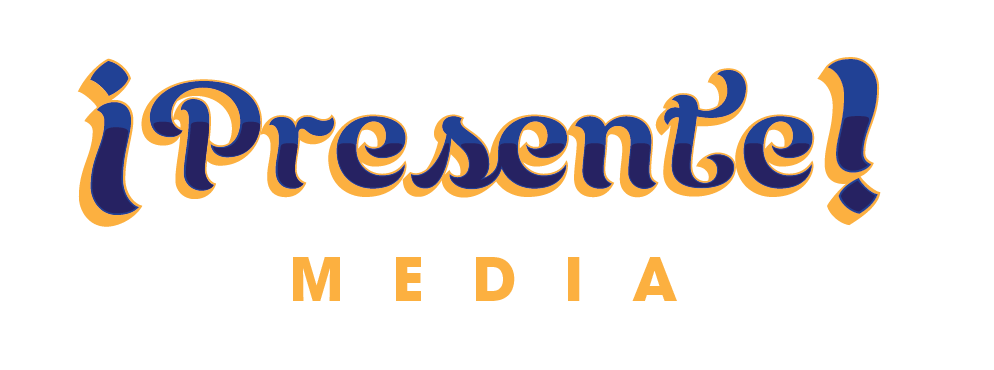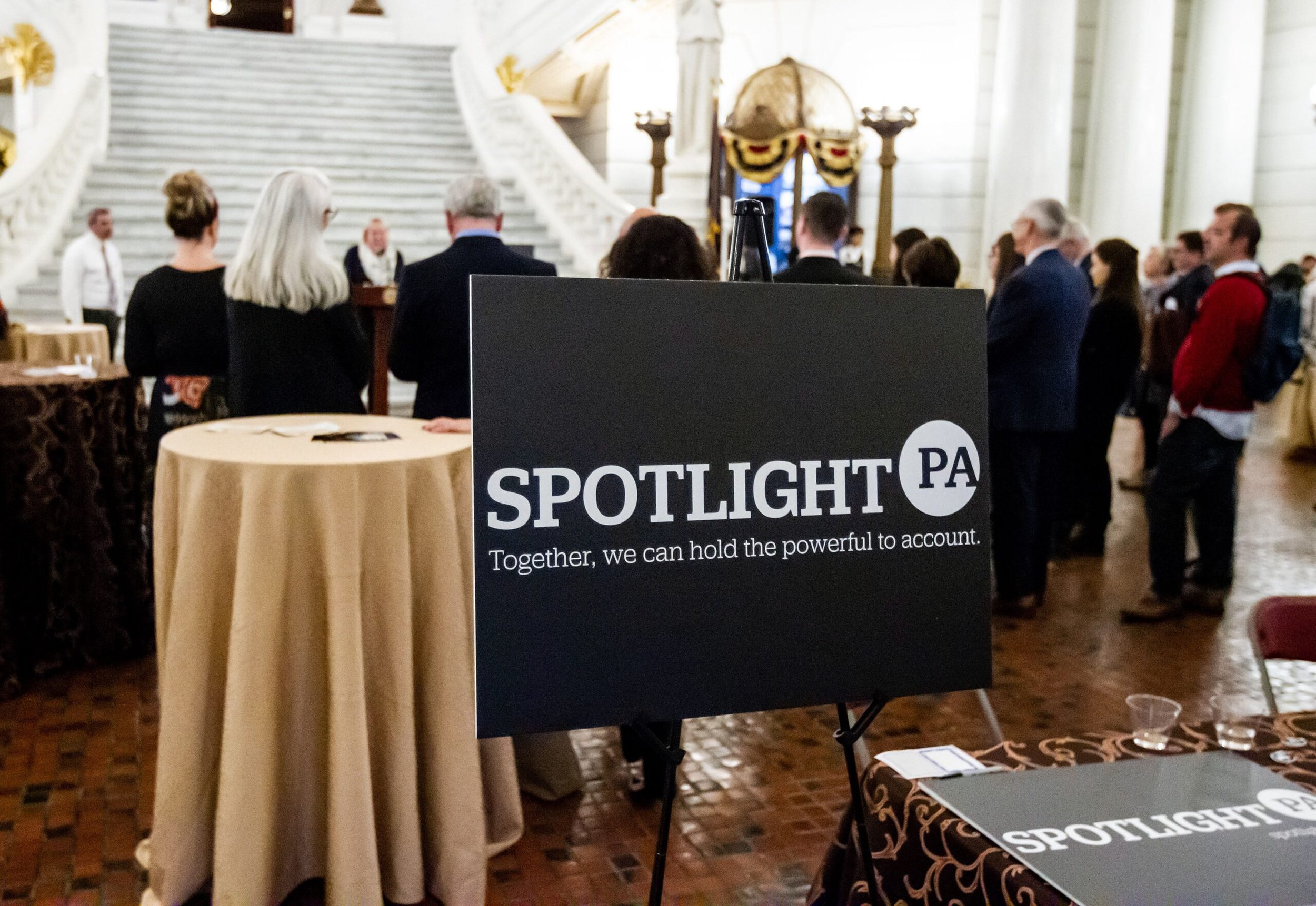Afro Latinx Voices: Behind the Cloisters of the Philly Pandemic
BY SANDRA ANDINO CAMACHO ON SEPTEMBER 20, 2021
Evelyne Laurent-Perrault, Wit Lopez and Ana Benitez are three Afro-Latinx people bringing light to the community amidst the pandemic. Photos courtesy of Evelyne Laurent-Perrault, Wit Lopez and Ana Benitez.
Around the world, the cultural, intellectual, artistic and community sectors may be among the hardest hit by the COVID-19 pandemic. In Philadelphia, theatres, public education institutions and universities were immediately closed. Weeks went by before people started working remotely or virtually.
Isolation was a major challenge, but it provided time for a mental and physical pause from a non-stop busy lifestyle. The space allowed people to reflect on what’s essential and a priority. For many, the pause sparked a desire to focus on social justice and social change, and a need to find new ways to reach their communities and support those in need.
Following are the voices of three special Afro-Latinx in Philadelphia that during the ongoing pandemic continue to lead efforts for fair representation and equal opportunity for immigrant communities in the U.S., and above all fighting racism and racist practices from deep within.
Evelyne Laurent-Perrault (she/her)
For Evelyne Laurent-Perrault the COVID-19 pandemic provided a time to focus on her first book. Photo retrieved from Laurent-Perrault Facebook account.
Evelyne Laurent-Perrault, a Haitian-Venezuelan who’s lived in Philly for over 30 years, was working as an assistant professor in history of the African diaspora of the Caribbean and Latin America at the University of California Santa Barbara, when it announced closing for two weeks due to the pandemic. But when re-opening wasn’t in sight, she decided to move back to Philly with her family and keep working on her first book. “Claiming Dignity: Unsilencing Black Women Political Imagination in Venezuela during the Colonial Period” is a story about how Afro-Venezuelans, especially women, during the eighteenth century used the court system to regain their honor and purchase their freedom.
By studying court cases and manuscripts of this period, Laurent-Perrault noticed how consciously or subconsciously language has been used at least since the end of the Iberian medieval period to describe cases involving Africans and Afro-descendants. She elaborates on the processes of racialization, traced through colonial narratives concerning the treatment of “slaves". “The narratives of the texts and the language in the archives are loaded with systemic implicit violence discourse that not only racialized anything African, but that also made us think and internalize those processes” she said.
In fact, the whole reason Laurent-Perrault decided to study history was “to understand the past to be able to resolve the present,” she explained. “We are dealing with historical traumas of humanity. To question racism in Latin America we have to understand this as a trauma that needs to be healed. The manifestations of racism and traumas [we inherited] from slavery often are difficult to see because they are ingrained in our language and in a psychology of undervalueing of all things indigenous and African, ” she added.
For her, racism positioned Africa, and everything African, in our social psyche, framing it as something that is “undervalued, backwards, evil, and a bunch of silliness”. The impact of the trauma of slavery is global and present to this day. As she explains, we can see it even in the way Guangzhou in China treated African students and expatriates during the COVID-19 pandemic. After being evicted and mistreated over fears that they could spread the virus, Africans were forced to roam and sleep in the streets. All of this due to the processes of racialization that have endured since the colonial period.
That is why, throughout her book, and the exercise of diving into the past, she is searching for ways to heal these traumas. By uncovering these stories, she is bringing justice to the dead. They and their negotiations with colonial authorities helped Evelyne understand the psychology of racism which still haunts us today. She’s very pleased that her research has provided tools to understand and explain what has historically happened to Africans.
Evelyne at times questions whether this intellectual work has any reach. Well, a pair of graduate students from the Master's program in audiovisual and cultural studies at the Universidad ICESI in Cali Colombia read one of her articles, felt moved by it, and wrote a song about the enslaved women Laurent-Perrault introduced in her article. They are currently working in the studio to release it soon.
Wit López (they/them)
Artist Wit Lopez in one of their creations titled "Untitled or Sum'n 3." Photo courtesy of Wit Lopez.
Wit Lopez is a queer Afro-Boricua—meaning from Puerto Rico—artist whose mission is to bring joy to the community through their performance. They make art that combines Caribbean and African dance movements, photography, printmaking, puppetry, and textile work that speak to their roots and ancestry. They inherit their artistry, as a performer, from both parents—who are visual artists, and their craft making from uncles and abuela (grandmother).
I had seen Wit perform a few years ago in Philly, at The Ice Box, and as I was trying to recall the performance they began to define it. “On the surface it looks like a lot of foolishness because I like to incorporate a lot of clowning and a lot of fun and silliness and joy and abandon in my work,” they said.
But the meaning lies beneath their work. “It’s because of how much wider society does not allow black people the space to just be joyful. Everywhere we turn is punishment for existing as a black person, for just existing as an indigenous person, for just existing as a non-white person. You’re punished for it, so I like to create work in opposition to the constant punishment and the feelings of an incarcerated state that exists just because we are non-white,” López explained.
Wit has a degree in anthropology and Africana Studies and has extensively studied race theories, existentialism, and absurdist theatre. They incorporate all of this into their performance to denounce the violence of white supremacy and how as black people “are looking to survive and thrive and have joy unattached to grief,” they added.
Wit understands how the history of imperialism and colonialism in Africa and the diaspora created a legacy of trauma, and as for them, they have a personal commitment to not perpetuate that trauma, especially in their performance. For them, as a collective “we also deserve joy! All of us!”
Wit’s performances suffered during the pandemic. All live events were cancelled and the isolation was hard to handle, but Wit is very community oriented and loves to share their work, so they continued to help other artists through grant making. Wit sits in various artists’ panels as a member or as a facilitator to provide financial support for artists, especially LGBTQAI+. They explain that being part of these virtual panels beats the isolation created by the pandemic and nourishes the thread of being part of an artist community. The time in their home was a needed pause to reflect on their social change work during the pandemic as a disabled or diversely functional artist, especially how virtual technology in the arts gave access and provided a platform for disability justice.
Ana Benitez (she/her)
During the pandemic, Ana Benitez worked on getting Latinx and African American families access to the vaccine. Photo courtesy of Ana Benitez.
Ana Benitez, is also an Afro-Boricua woman who knows the Philly Latinx community like the palm of her hand. Born in Puerto Rico, at the age of four her family migrated to Philadelphia. Due to a family medical emergency “at the age of almost 11 years old my parents moved us (nine sisters and brothers) back to Puerto Rico.” On the island she attended the Matienzo Cintron elementary school, a well known public school in Santurce, a county of San Juan where her family is from. Ana continued to study her middle school years at William De Boise and graduated from Gabriela Mistral high school. In 1969, She returned to Philly where she married, gave birth to her daughter and currently works for a living to help the Latinx community for equal decent housing, quality education and ending police profiling/brutality. This is her banner cry!
Not even the pandemic in its early stages stopped her work in the community. Ana Benitez was working with Norris Square Civic Association serving Latino families with housing acquisition until they had to work from home virtually. A skill Ana had to learn to use during the pandemic. Later, as part of the 2020 Census crew, she worked as an Administrative Assistant in the Philly downtown office. She traveled on SEPTA to visit Latino families in their homes in Kensington & Allegheny - one of the City’s neighborhoods with the largest concentration of homelessness and people struggling with drug addiction. Co-workers and even her family questioned Ana out of fear whether she needed to visit these neighborhoods, and her response was simply “somebody has to do it because we need to be counted!” She kept working and attended meetings in the downtown office until they shut down in October 2020.
Ana Benitez is the Chair of the Aspira, Inc. Board Philadelphia Chapter where she’s constantly seeking to support children and their families with quality education, homelessness and food insecurity. As a parent and activist, Benitez constantly struggled with the public school administrators to get her child into the college track schools. And even though her daughter has long graduated from Franklin Learning Center high school and is now a professional, Ana continues to fight for the next generations of children in the public education system.
Fair representation and equal opportunity for the Latin@/x community are battles she’s constantly fighting with local politicians and their allies. In February 2021, she contacted the City Health Commissioners Office in partnership with Sun Ray’s Pharmacist to bring COVID-19 vaccinations to Aspira for the Latinx and African American families in the Latino neighborhoods. Ana recounts how this pandemic has touched her family, especially her mother and how the isolation depressed her. So Ana with her brothers and sisters celebrated her daughter’s birthday in grand style. A family affair that lifted everyone’s spirit, especially Grandma’s whose dance moves couldn’t resist being posted on Facebook!














